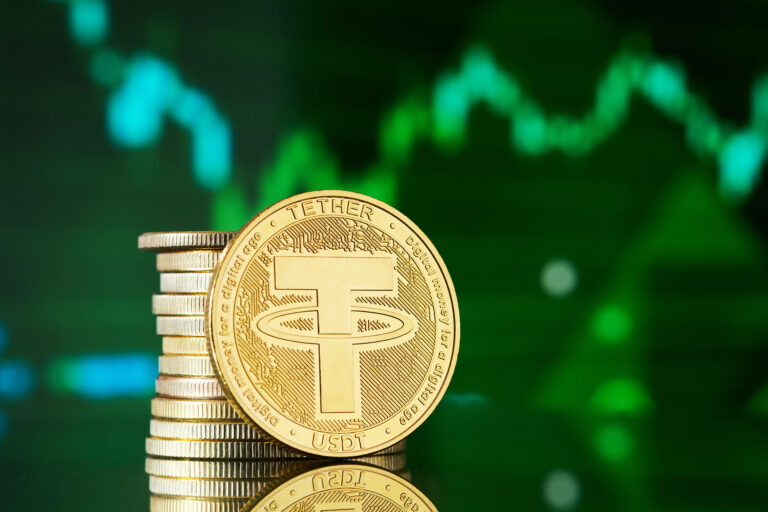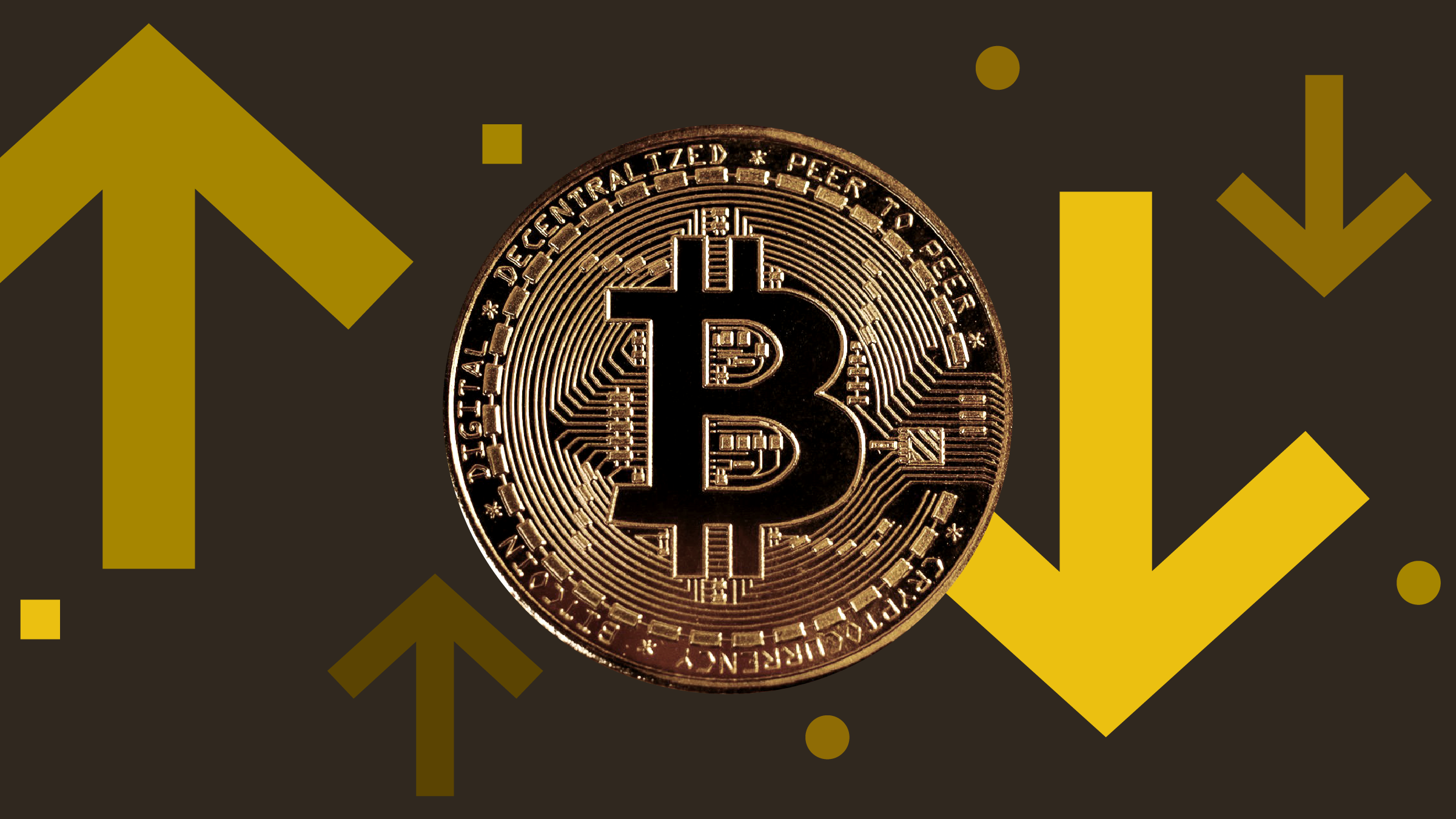The ongoing geopolitical rift between the Global South and the West continues to escalate, with Brazil reaffirming its commitment to de-dollarization as it assumes the BRICS presidency in 2025. This bold stance places the nation in direct opposition to the United States, with former President Donald Trump warning of hefty tariffs on countries perceived as threatening the dollar’s dominance.
Brazil’s BRICS Leadership and De-Dollarization Agenda
As the incoming chair of the BRICS economic alliance, Brazil has made it clear that its commitment to reducing reliance on the US dollar remains firm. President Luiz Inacio Lula da Silva emphasized that the bloc will continue its push for alternative financial mechanisms, despite earlier rejecting a unified BRICS currency. Instead, the alliance seeks to facilitate trade in local currencies, reducing exposure to US monetary policies.
Lula’s position echoes the broader BRICS agenda of economic independence from Western financial institutions. However, such efforts come with considerable risks, especially given Trump’s vocal opposition to any initiatives that undermine the dollar’s global stronghold.
Trump’s Tariff Threats: A Geopolitical Flashpoint?
During a recent speech, Trump warned, “Any BRICS state that even mentions the destruction of the dollar will be charged a 150% tariff.” While the bloc has not explicitly called for the elimination of the greenback, its move toward alternative payment systems may be perceived as a direct challenge.
The implications for Brazil could be severe. The US remains one of Brazil’s largest trading partners, and the imposition of such tariffs could disrupt key industries, including agriculture and manufacturing. However, Brazil’s firm stance signals a willingness to navigate these economic pressures in pursuit of a more multipolar financial landscape.
Also Read: Trump-Zelensky Clash Escalates: Brazil Slams U.S. as BRICS Gains Ground
What’s Next for BRICS and US Relations?
As the BRICS presidency rotates to Brazil in 2025, the global economic order faces an uncertain future. Will Trump follow through on his tariff threats? And if so, will Brazil and its BRICS allies retaliate with countermeasures? The next several months will be crucial in determining whether this standoff escalates into a full-fledged trade war or forces a new era of global financial restructuring.
Disclaimer: The information in this article is for general purposes only and does not constitute financial advice. The author’s views are personal and may not reflect the views of CoinBrief.io. Before making any investment decisions, you should always conduct your own research. Coin Brief is not responsible for any financial losses.



